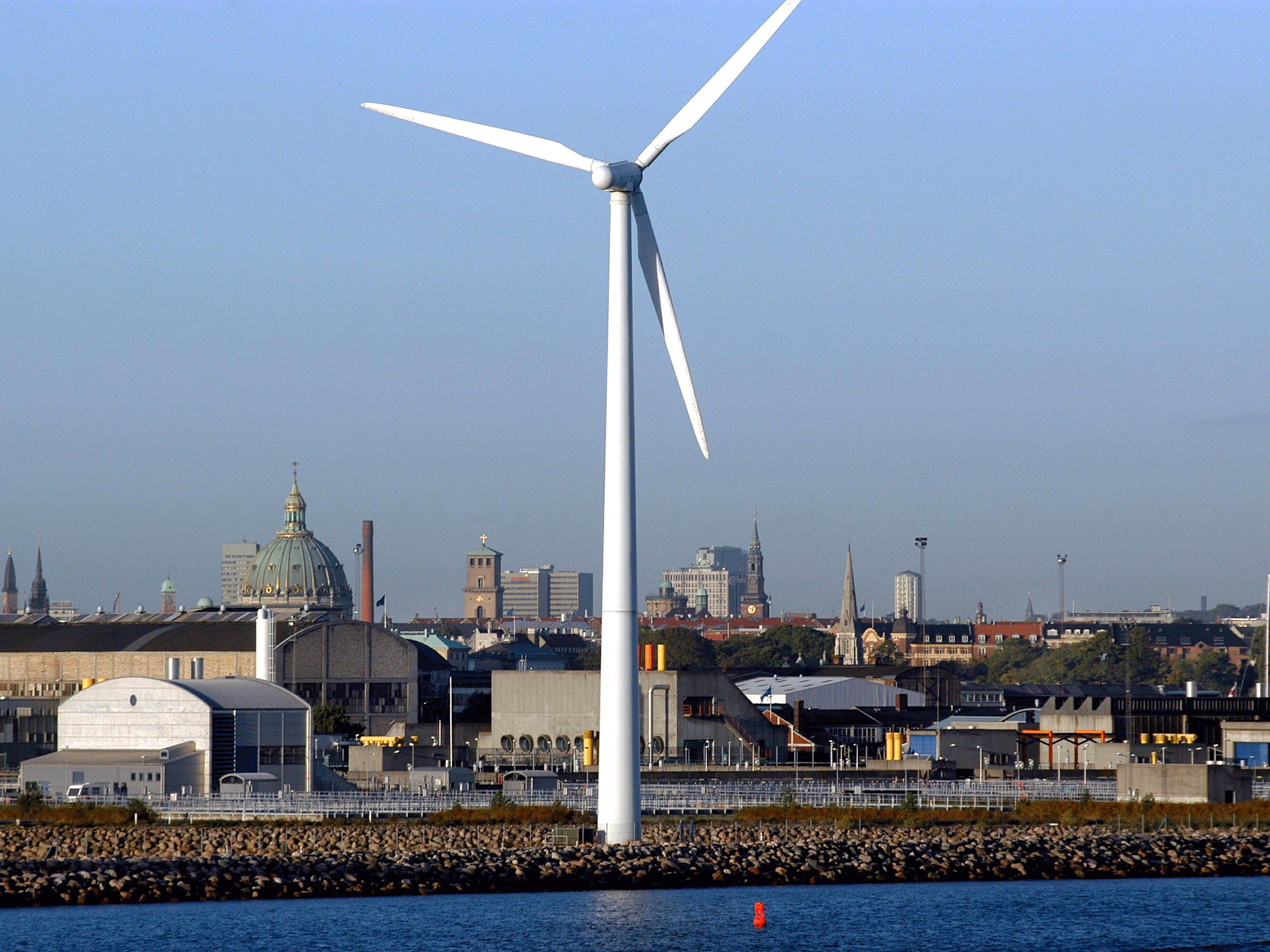Renewable energy just provided Germany with almost all of its power
'Events like this highlight that eventually we may need to start curtailing because of market-wide oversupply'

Your support helps us to tell the story
From reproductive rights to climate change to Big Tech, The Independent is on the ground when the story is developing. Whether it's investigating the financials of Elon Musk's pro-Trump PAC or producing our latest documentary, 'The A Word', which shines a light on the American women fighting for reproductive rights, we know how important it is to parse out the facts from the messaging.
At such a critical moment in US history, we need reporters on the ground. Your donation allows us to keep sending journalists to speak to both sides of the story.
The Independent is trusted by Americans across the entire political spectrum. And unlike many other quality news outlets, we choose not to lock Americans out of our reporting and analysis with paywalls. We believe quality journalism should be available to everyone, paid for by those who can afford it.
Your support makes all the difference.Clean power supplied almost all of Germany’s power demand for the first time on Sunday, marking a milestone for Chancellor Angela Merkel’s “Energiewende” policy to boost renewables while phasing out nuclear and fossil fuels.
Solar and wind power peaked at 2 p.m. local time on Sunday, allowing renewables to supply 45.5 gigawatts as demand was 45.8 gigawatts, according to provisional data by Agora Energiewende, a research institute in Berlin. Power prices turned negative during several 15-minute periods yesterday, dropping as low as minus 50 euros ($57) a megawatt-hour, according to data from Epex Spot
Countries around Europe are building increasing amounts of renewable capacity in order to reduce their carbon emissions and boost supply security. Last year Denmark’s wind farms supplied 140 percent of demand, while the U.K. had no coal-fired power stations meeting electricity demand for about four hours on May 10 as a result of plant breakdowns.
“Events like this highlight that eventually we may need to start curtailing because of market-wide oversupply,” said Monne Depraetere, an analyst for Bloomberg New Energy Finance. “In the long-run, that may provide a case to build technologies that can manage this oversupply -- for example more interconnectors or energy storage.”
Renewables were only able to meet demand because of Germany’s strong export capability, the analyst said. Even when solar and wind peaked, conventional power plants were still supplying 7.7 gigawatts.
Merkel’s unprecedented shift to clean energy has squeezed margins at coal and gas plants while driving up costs for consumers in Europe’s biggest power market. The increased flows of clean energy have also put pressure on the grid to the point that the country is considering excluding certain regions from future onshore wind power auctions if local grids are already struggling to keep up with large volumes of renewable energy supplies.
“If Germany was an island, with no export cables, this would be technically impossible because you always need to have some thermal generation running as a back up supply for when the wind or solar drops off,” Depraetere said.
“Germany consumed 100 percent renewable energy yesterday, but we’re unlikely to see clean energy supply 100 percent of generation anytime soon,” he said.
Source: Bloomberg
Join our commenting forum
Join thought-provoking conversations, follow other Independent readers and see their replies
Comments